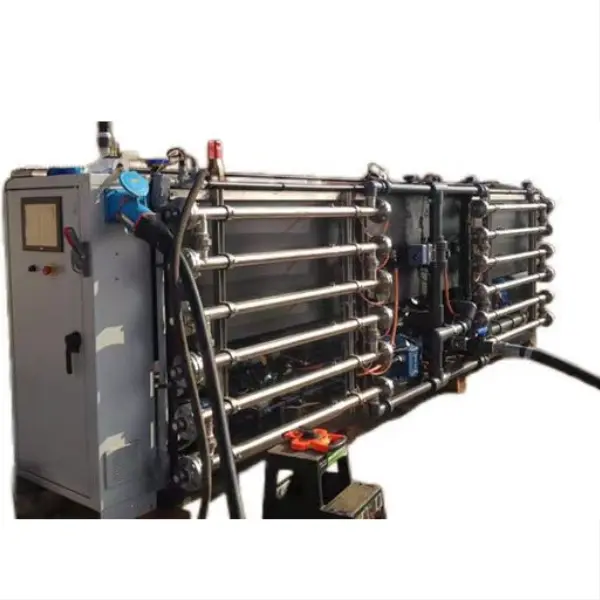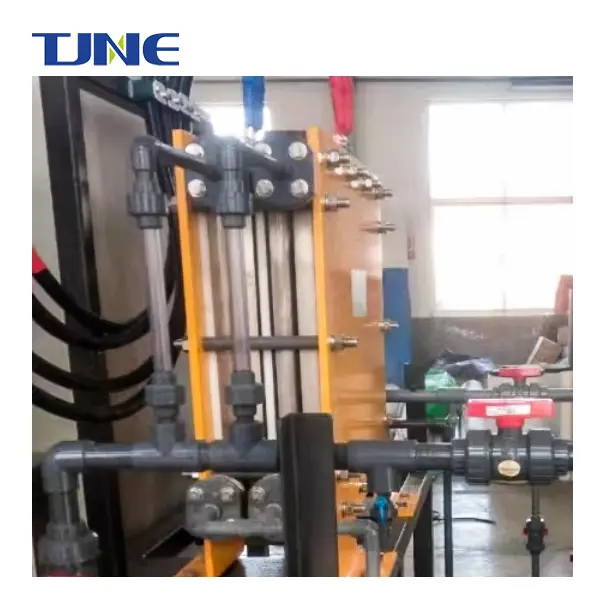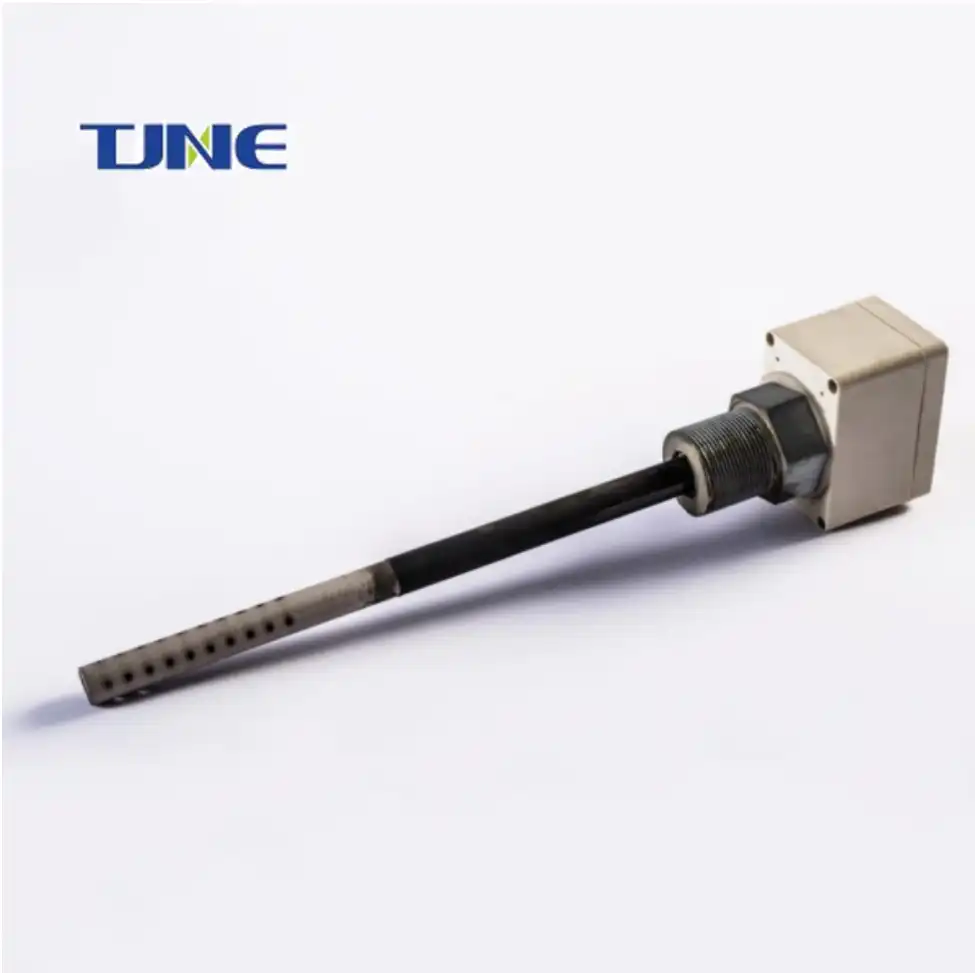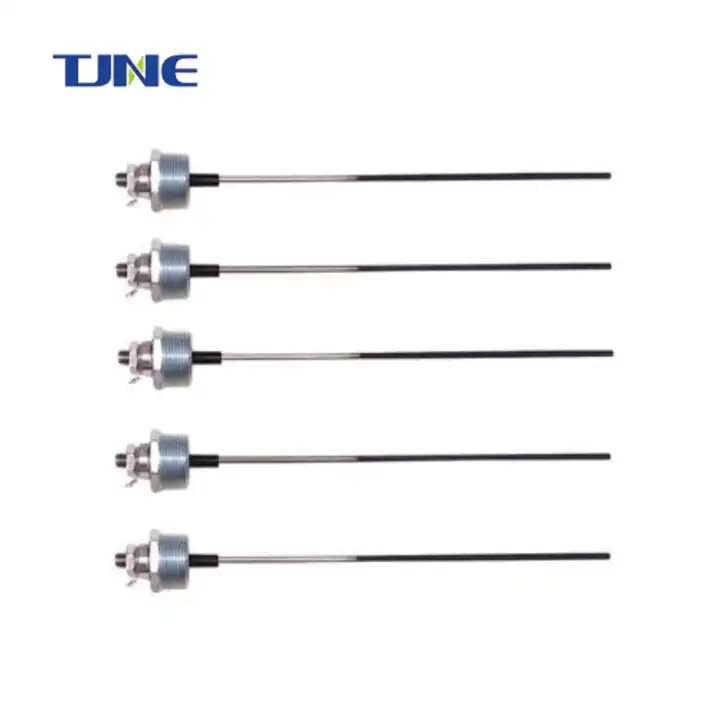- English
- French
- German
- Portuguese
- Spanish
- Russian
- Japanese
- Korean
- Arabic
- Greek
- German
- Turkish
- Italian
- Danish
- Romanian
- Indonesian
- Czech
- Afrikaans
- Swedish
- Polish
- Basque
- Catalan
- Esperanto
- Hindi
- Lao
- Albanian
- Amharic
- Armenian
- Azerbaijani
- Belarusian
- Bengali
- Bosnian
- Bulgarian
- Cebuano
- Chichewa
- Corsican
- Croatian
- Dutch
- Estonian
- Filipino
- Finnish
- Frisian
- Galician
- Georgian
- Gujarati
- Haitian
- Hausa
- Hawaiian
- Hebrew
- Hmong
- Hungarian
- Icelandic
- Igbo
- Javanese
- Kannada
- Kazakh
- Khmer
- Kurdish
- Kyrgyz
- Latin
- Latvian
- Lithuanian
- Luxembou..
- Macedonian
- Malagasy
- Malay
- Malayalam
- Maltese
- Maori
- Marathi
- Mongolian
- Burmese
- Nepali
- Norwegian
- Pashto
- Persian
- Punjabi
- Serbian
- Sesotho
- Sinhala
- Slovak
- Slovenian
- Somali
- Samoan
- Scots Gaelic
- Shona
- Sindhi
- Sundanese
- Swahili
- Tajik
- Tamil
- Telugu
- Thai
- Ukrainian
- Urdu
- Uzbek
- Vietnamese
- Welsh
- Xhosa
- Yiddish
- Yoruba
- Zulu
How Can Titanium Electrode Improve Nickel And Cobalt Electrodeposition Performance?
Upgraded Erosion Resistance: Titanium is known for its amazing erosion resistance, which is vital in nickel and cobalt electrodeposition applications. By utilizing titanium electrode, the nickel and cobalt's by and large steadiness and life span can be improved.
Improved Electrical Conductivity: Titanium itself is not as great a conductor of power as a few other metals like copper or silver. In any case, when applied a lean layer of metal oxide coating to the titanium surface, the electrical conductivity can be improved. This can offer assistance in general effectiveness and execution of the nickel and cobalt electrodeposition.
Reduced Weight and Taken a toll: Titanium is lightweight compared to numerous other metals utilized in nickel and cobalt electrodeposition. By utilizing titanium electrodes for electrodeposition, the by and large weight of the system can be decreased, making it more appropriate for applications where weight is a basic figure. Furthermore, titanium electrodes can be cost-effective compared to a few other high-performance materials.
Compatibility with Electrolytes: Titanium electrodes can be built to be congruous with a wide extend of electrolytes utilized in nickel and cobalt electrodeposition. This guarantees great solidness and compatibility between the anode and the electrolyte, driving to moved forward electrodeposition execution and unwavering quality.
In the realm of electrodeposition technology, constant innovation drives the quest for more efficient and sustainable electroplating solutions. Among the various advancements, the integration of titanium electrode for nickel and cobalt electrodeposition stands out as a promising development.
Enhancing Nickel and Cobalt: The Role of Titanium Electrodes in Electrodeposition
Nickel and cobalt have long been favored in many industrial due to their high energy density and stability. However, the performance of these metal can be further optimized through electrodeposition processes utilizing titanium electrodes. Unlike conventional electrodes, titanium electrode offers several unique advantages.
Firstly, titanium electrode exhibits exceptional corrosion resistance, making it ideal for harsh electrodeposition environments. This durability ensures longevity and reliability in different industrial applications, reducing maintenance costs and downtime.

Secondly, the surface morphology of titanium electrodes can be precisely controlled, enabling tailored electrode structures optimized for specific electrodeposition applications. This customization enhances electrode-electrolyte interactions.
Furthermore, the high conductivity of titanium facilitates efficient electron transfer within the electrode material, minimizing energy losses and maximizing efficiency.
The Advantages Unveiled: Why Titanium Electrodes are Transforming the Industry
The integration of titanium electrode for nickel and cobalt electrodeposition offers a multitude of advantages that are reshaping the industry landscape. These advantages include:
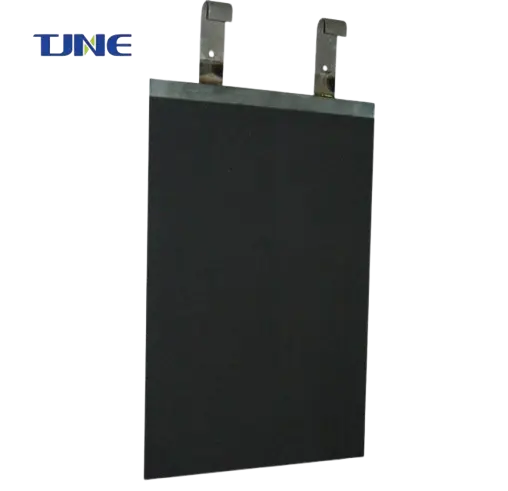
1. Enhanced Durability: Titanium electrode for electrodeposition exhibits superior corrosion resistance, prolonging electrode lifespan and reducing maintenance requirements.
2. Tailored Electrode Morphology: The ability to control surface morphology enables the optimization of electrode structures for improved electrochemical performance.
3. Improved Conductivity: Titanium's high conductivity facilitates efficient electron transfer, enhancing electrodeposition efficiency.
4. Environmental Sustainability: Titanium is a highly abundant and recyclable material, aligning with sustainability goals in nickel and cobalt electrodeposition.
By harnessing these advantages, manufacturers can electrodeposit nickel and cobalt with enhanced performance metrics, including higher energy density, and prolonged service life. These improvements drive the widespread adoption of titanium electrodes for electrodeposition in next-generation electroplating technologies.
Future Perspectives: The Potential of Titanium Electrodes in Advanced Material Science
Looking ahead, the potential of titanium electrodes extends beyond nickel and cobalt electrodeposition. As research in advanced material science progresses, titanium electrodes hold promise in various electrochemical applications.
The tunable properties of titanium, coupled with its inherent durability and conductivity, position it as a versatile platform for advancing electrochemical technologies. Continued innovation in electrode design, material engineering, and manufacturing processes will unlock new frontiers in energy storage and conversion, driving sustainable development and technological progress.
Conclusion
In conclusion, the integration of titanium electrodes represents a significant milestone in electrodeposition technology, offering tangible benefits in terms of performance, durability, and sustainability. As the industry embraces these advancements, the future looks brighter than ever, fueled by innovation and driven by the quest for a greener tomorrow.
TJNE focuses on the research and development, design, production, and sales of high-end electrolytic complete sets of equipment and high-performance electrode materials. If you want to learn more about titanium electrode for nickel and cobalt electrodeposition applications, welcome to contact us at yangbo@tjanode.com.
References
1. Zhang, Y., Zhu, K., Li, J., & Wei, Z. (2020). Electrodeposited titanium oxide films on Ti substrates as anode materials for lithium-ion batteries. Electrochimica Acta, 350, 136398.
2. Li, H., Chen, X., Xu, G., Wang, L., & Wang, G. (2019). Electrodeposition of titanium dioxide film on Ti foam as binder-free anode for lithium-ion batteries. Electrochimica Acta, 318, 615-621.
3. Wang, Y., He, X., Liu, L., Chen, W., & Shen, J. (2021). A review on electrodeposited titanium dioxide-based anodes for lithium-ion batteries. Materials Today Energy, 20, 100667.
4. Wang, Z., Tan, C., Li, L., Ma, H., & Wang, G. (2018). Titanium dioxide nanorod arrays on titanium foil as high-performance anode materials for lithium-ion batteries. Electrochimica Acta, 292, 452-459.
Related Industry Knowledge
- How Do Anodes Facilitate the Removal of Ammonia Nitrogen from Water?
- Why Are MMO/Ti Flexible Anodes the Future of Corrosion Protection?
- What Makes MMO Tubular Titanium Anodes a Revolutionary Choice for Electrochemical Applications?
- Revolutionizing Industries: The Power of Ruthenium-Iridium Coated Titanium Anodes
- Why Should You Consider Titanium Electrodes for Copper Plating?
- How Does PCB VCP DC Copper Plating Work in Direct Current Systems?
- What Is an MMO Anode Plate and How Does It Function in Electrochemical Processes?
- What Industries Rely on DSA Anodes for Electrochemical Processes?
- What Factors Should Be Considered When Selecting a DSA Anode?
- What is a DSA Anode and How Does It Work?






